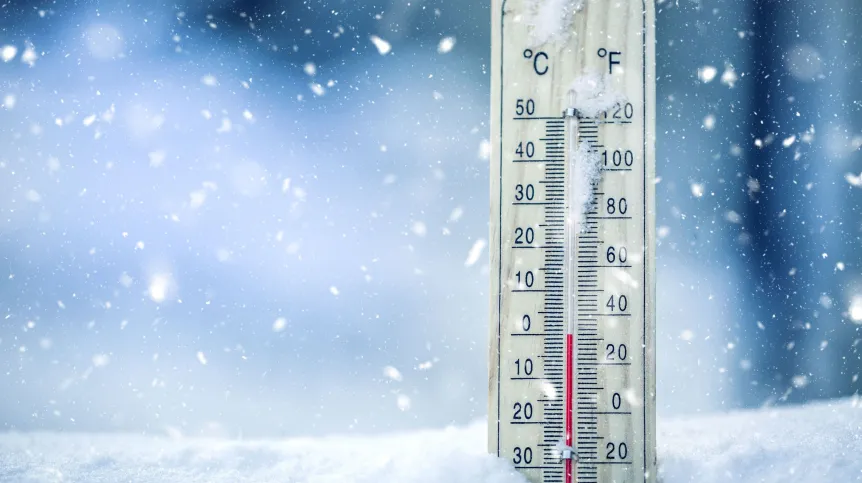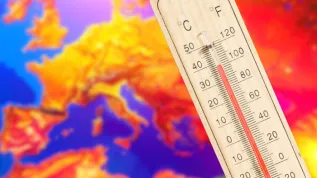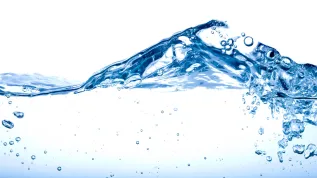
We must start getting used to the fact that real winters will be less frequent in Polish lowlands; perhaps they will still occur in the east of the country', says Professor Joanna Wibig from the Department of Meteorology and Climatology of the Faculty of Geographical Sciences of the University of Łódź.
She added: “If a lot of snow falls, enough to create a sufficient cover for sledding, it will be an extreme phenomenon.”
Climate scientists were not surprised by the temperature of nearly 20 degrees Celsius on New Year's Eve, because for a long time they had expected positive average temperatures during winters in our country. According to the expert, even after heavier snowfalls, its cover will not last too long, so in the winter months we should get used to greyness rather than white outside the window.
There is also no point in counting on frosty weeks with a persistent thick snow cover that will last until the early spring and, when melting, feed the plants awakening to life; spring drought is more likely. However, surprises in the form of a white Easter, like the one that happened a few years ago, are still possible.
Wibig said: “Trees in our climate need a winter break to awaken in the spring. Positive temperatures in winter are detrimental to nature; trees begin to produce leaves or fruit buds early and suddenly frost comes at a time when they are most vulnerable.
“Over the last half-century, the increase in carbon dioxide in the atmosphere has reached 100 PPM, which means that its content has increased by one quarter. This is a lot. Currently, the annual increase is at the level of 2-3 PPM. If this situation continues, by the end of the 21st century, the temperature will be 4-5 degrees higher than it is now.”
Less snowfall has its advantages, such as lower road maintenance costs, and car users will be happy that they don't have to clear snow regularly.
However, Wibig warned: “Water deficit is the biggest threat to Poland. Without snow, we lose the water injection into the soil that should occur in the spring. Additionally, evaporation in summer is much higher because temperatures are higher. The growing season is longer, so vegetation uses much more water than it would during a shorter growing period. We must conserve water, retain it, and take care of its resources.”
According to Wibig, the average annual temperature in Poland has increased by about 1.5 degrees Celsius, and the biggest increases have occurred in the summer and winter - by about 2 degrees; the warming is the least noticeable in autumn.
She said: “In the summer, we are increasingly seeing record temperatures that are extremely high for our climate. We have two—three hot summer weeks with temperatures around 30 degrees. For city residents, this is very uncomfortable - and at present, half of us live in cities - because it starts to cool down only around 4 AM, when the sun is already rising.”
In the researcher's opinion, people who question global warming or climate change are in denial - also because they feel helpless in the face of the huge changes that should be made in everyday life.
She said: “If we had a clear idea of what to do about it, we would probably act. In a situation where it is really hard to imagine that we will suddenly stop sending carbon dioxide into the atmosphere, we try to deny it and things get even worse. We should change our approach to life - less consumerism, purchases, less energy consumption, and transition to obtaining energy from renewable sources.” (PAP)
author: Agnieszka Grzelak-Michałowska
agm/ akub/ kap/
tr. RL













